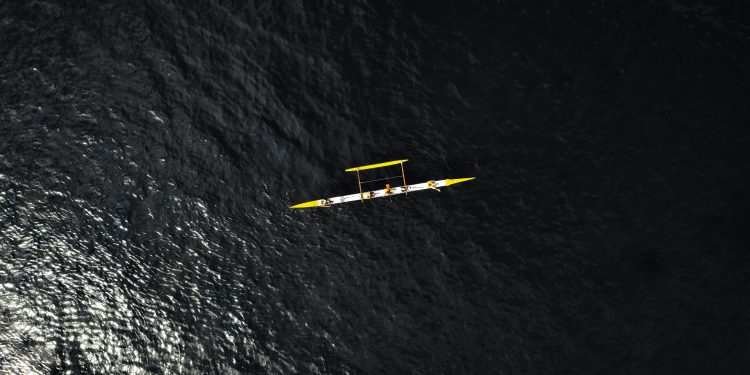In a new era of space exploration, countries around the world are embarking on a cosmic race to reach the moon. The reasons behind this renewed fervour for lunar exploration are manifold, spanning scientific curiosity, technological advancements, and the pursuit of strategic advantages.
The moon, once a distant celestial neighbour, has now become a captivating destination that holds the promise of unlocking profound benefits and mysteries for those who dare to explore its surface.
Scientific Discovery: Unlocking Lunar Mysteries
One of the driving forces behind the global race to the moon is the pursuit of scientific discovery. The lunar surface is a treasure trove of secrets, with its craters, mountains, and valleys bearing witness to billions of years of cosmic history.
By analysing moon rocks, soil, and the lunar environment, scientists can gain insights into the early solar system’s formation, as well as Earth’s own evolution.
Of particular interest is the moon’s south pole region, believed to harbour water ice deposits within its shadowy craters. This discovery could hold significant implications for future space missions, as water can be converted into rocket fuel and even serve as a resource for potential crewed missions.
By unravelling these lunar mysteries, countries hope to expand humanity’s understanding of the cosmos and our place within it.
Technological Advancements: Pushing the Boundaries
The race to the moon is also driving monumental technological advancements. Developing the necessary spacecraft, landing systems, and rovers challenges engineers to innovate and push the boundaries of human capability.
These advancements have applications beyond lunar exploration, spurring the growth of cutting-edge technologies that can be applied to various industries back on Earth.
Moreover, the moon serves as a testing ground for new technologies that will be crucial for future deep-space missions, including those to Mars and beyond. The quest to overcome the challenges of lunar exploration is fostering a new era of space innovation that has far-reaching implications for humanity’s journey into the cosmos.
Strategic Benefits: Paving the Way for Future Space Dominance
As nations vie for a foothold in space exploration, the moon represents a strategic frontier that offers potential advantages. The ability to establish a presence on the moon not only demonstrates a nation’s technological prowess but also holds geopolitical implications.
By achieving lunar missions, countries can solidify their positions as spacefaring nations and secure their roles in shaping the future of outer space activities.
Key Players in the Lunar Race
Several countries are at the forefront of the lunar race, each with its unique motivations and goals:
United States: The United States is no stranger to lunar exploration, having successfully sent astronauts to the moon during the Apollo missions. The country is planning to return astronauts to the lunar surface through the Artemis program, with a goal of establishing a sustainable presence by 2025.
China: China has emerged as a strong contender in the lunar race, with its Change missions making significant strides in lunar exploration. The country successfully landed a rover on the far side of the moon and is actively working towards crewed missions and establishing a lunar research station.
India: India’s Chandrayaan missions have propelled it into the lunar spotlight. The recent success of Chandrayaan-3’s soft landing attempt underscores India’s commitment to lunar exploration and its aspirations to contribute to humanity’s understanding of the moon.
Russia: Despite recent setbacks, Russia remains a key player in lunar exploration. The country’s Luna program aims to continue lunar missions and contribute to our understanding of the moon’s geology and resources.
Other Nations: Beyond these frontrunners, countries like Japan, the European Space Agency, and private companies like SpaceX are also joining the lunar race, with plans to conduct lunar missions and establish a foothold in space exploration.
As the world looks to the moon with renewed vigour, the cosmic race underscores our collective fascination with the universe and the potential it holds. The quest to reach the moon is about more than planting flags; it’s about unravelling the cosmos’ mysteries, fostering innovation, and shaping the course of humanity’s future in space.
As the journey continues, humanity stands at the threshold of a new chapter in space exploration—one that promises to redefine our understanding of the universe and our place within it.












